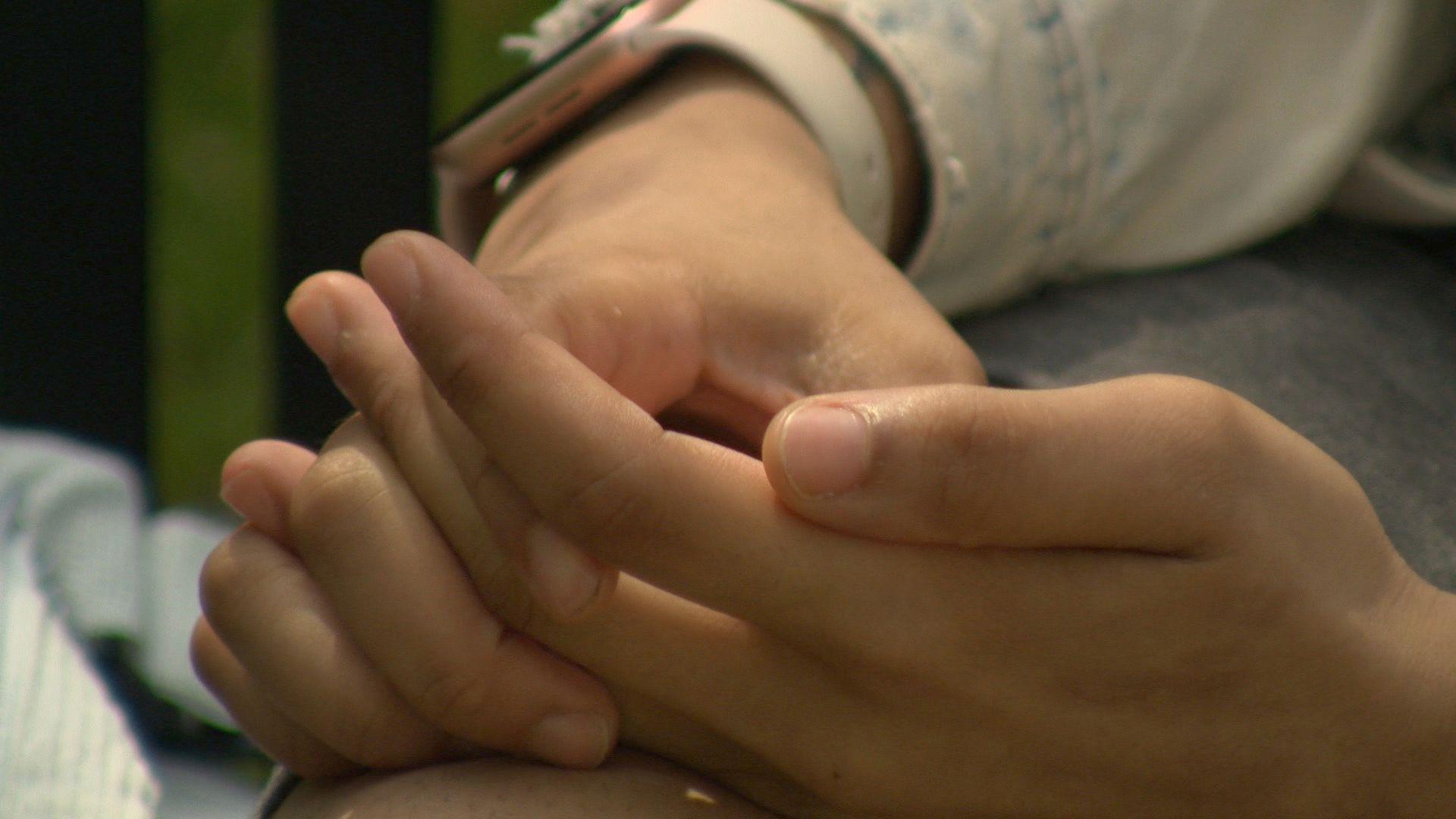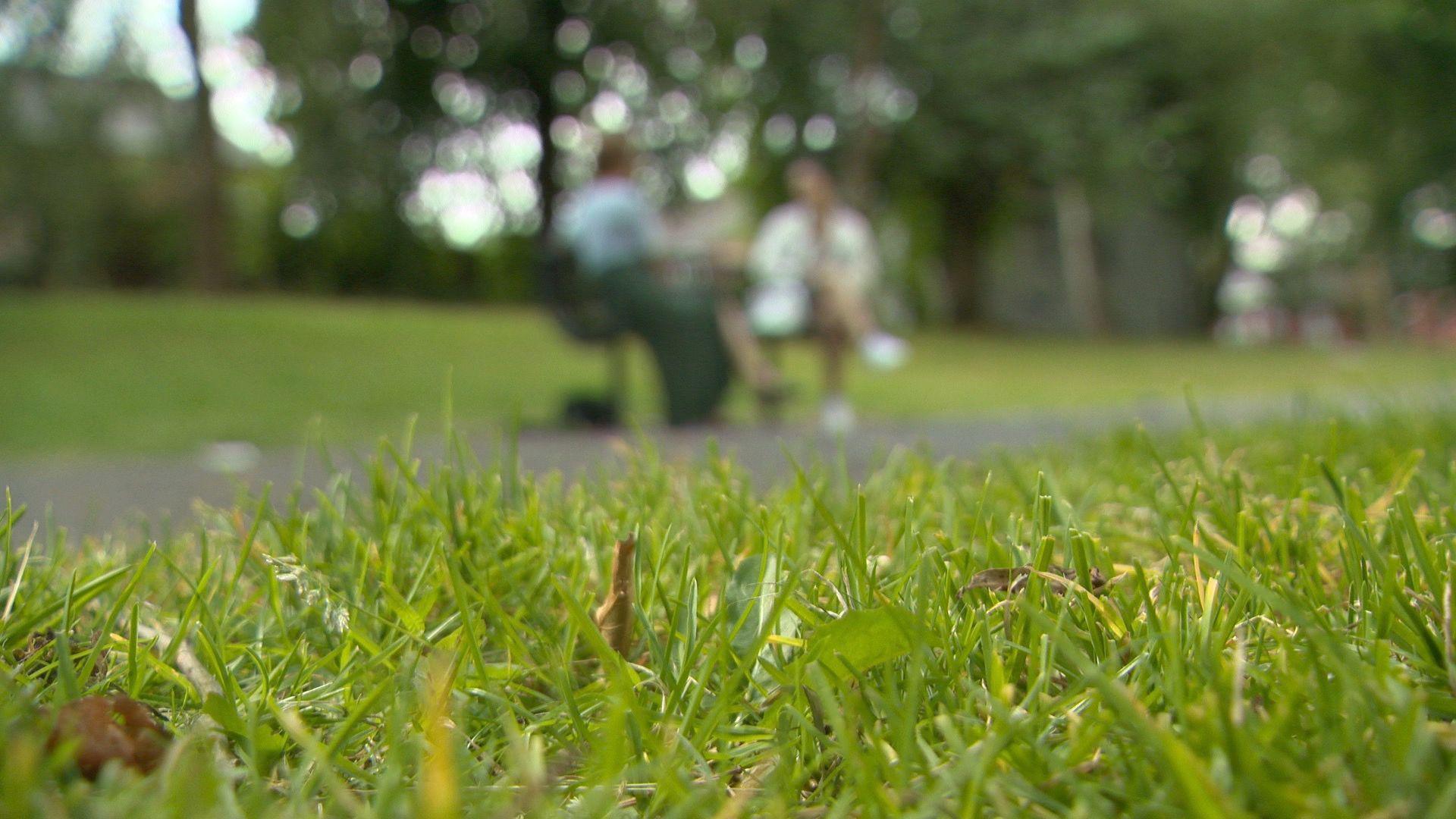Vulnerable and alone in a hospital 200 miles from home

More than 1,000 people in Greater Manchester were given ‘out-of-area' hospital placements
- Published
For 21-year-old university student Cassandra, the isolation of the coronavirus lockdown was unbearable.
But when she was admitted to hospital for mental health treatment, that sense of isolation was compounded.
She was one of 1140 people from Greater Manchester who last year found themselves staying in hospitals that were, in some cases, hundreds of miles from home.
And this was despite the fact so-called ‘out-of-area placements’ were supposed to have stopped in 2021.

A woman sent to a hospital hundreds of miles away has spoken of her isolation.
Cassandra* was sent to a hospital 200 miles (321km) away in Norwich. “I was completely shut out from the world around me,” she says.
Out-of-area placements happen because hospitals do not have enough beds for their patients. The 1000-plus patients from Greater Manchester who were sent to another county represent more than a fifth of the national total of out-of-area placements last year.
Some placements are at a relatively short distance, but most Greater Manchester patients were sent more than 62 miles (100km) away, at a total cost of £25.6m.
Cassandra’s situation was made worse by the cost-of-living crisis, which meant her family was unable to visit her.
“I had no physical affection in terms of hugs from my mum. I had no comfort from when the hospital got too much,” says Cassandra. “I had no escape, in a sense.”
Cassandra has nothing but praise for the staff in Norwich, who she says were kind and went above and beyond to help her.
But the isolation from her family and friends left its mark.
“I became very institutionalised this time”, she says, “to the point where when I did come out, I was housebound.
“I couldn’t even text or call anyone. I was completely shut off from the world around me.”
The Royal College of Psychiatrists (RCP) is calling for the government to make community care a priority.
Professor Subodh Dave, the dean of the RCP, says: “We know very well that if there’s good quality care in the community, then you are preventing those admissions in the first place.
“We saw in the time of Covid that there was specific funding available to support discharges, and the number of out-of-area placements fell significantly.”

Professor Subodh Dave of the Royal College of Psychiatrists called for community care to be a priority
Last year an internal report revealed that NHS Greater Manchester spends tens of millions of pounds less than the national average on mental health, even though the area has the eighth highest level of need.
It added that patients weren’t being properly supported outside of hospital, which meant some who might have been well enough to leave could not. That in turn meant a lack of beds, and a reliance on out-of-area placements like Cassandra’s.
Dr Manisha Kumar, the chief medical officer at NHS Greater Manchester, says the health service has “increased the amount we are spending on mental health services”.
She adds this will mean “more people are able to access specialist care close to home and receive support when recovering from an ongoing condition”.
“Local services mean it is quicker and easier for people to get the right support by bringing together more services from the NHS and wider public services.
“We know that we have more to do to improve wellbeing and prevent poor mental health, and further increase our spending on community support.”
Cassandra plans to go back to university in the autumn and hopes to get a part-time job. She says she has had help from local charities but worries that formal community mental health support might not be there when she needs it.
She says she has been relying on her mum’s support and studying self-help books.
“It’s very hard,” she says. “It’s all put on you.”
*Cassandra’s name has been changed to protect her identity
Watch BBC North West Tonight at 18:30 on BBC One and on BBC iPlayer. Listen to the best of BBC Radio Manchester on Sounds and follow BBC Manchester on Facebook, external, X, external, and Instagram, external. You can also send story ideas to northwest.newsonline@bbc.co.uk, external